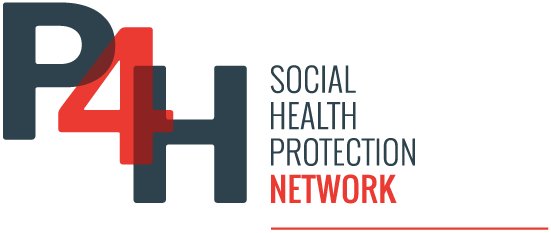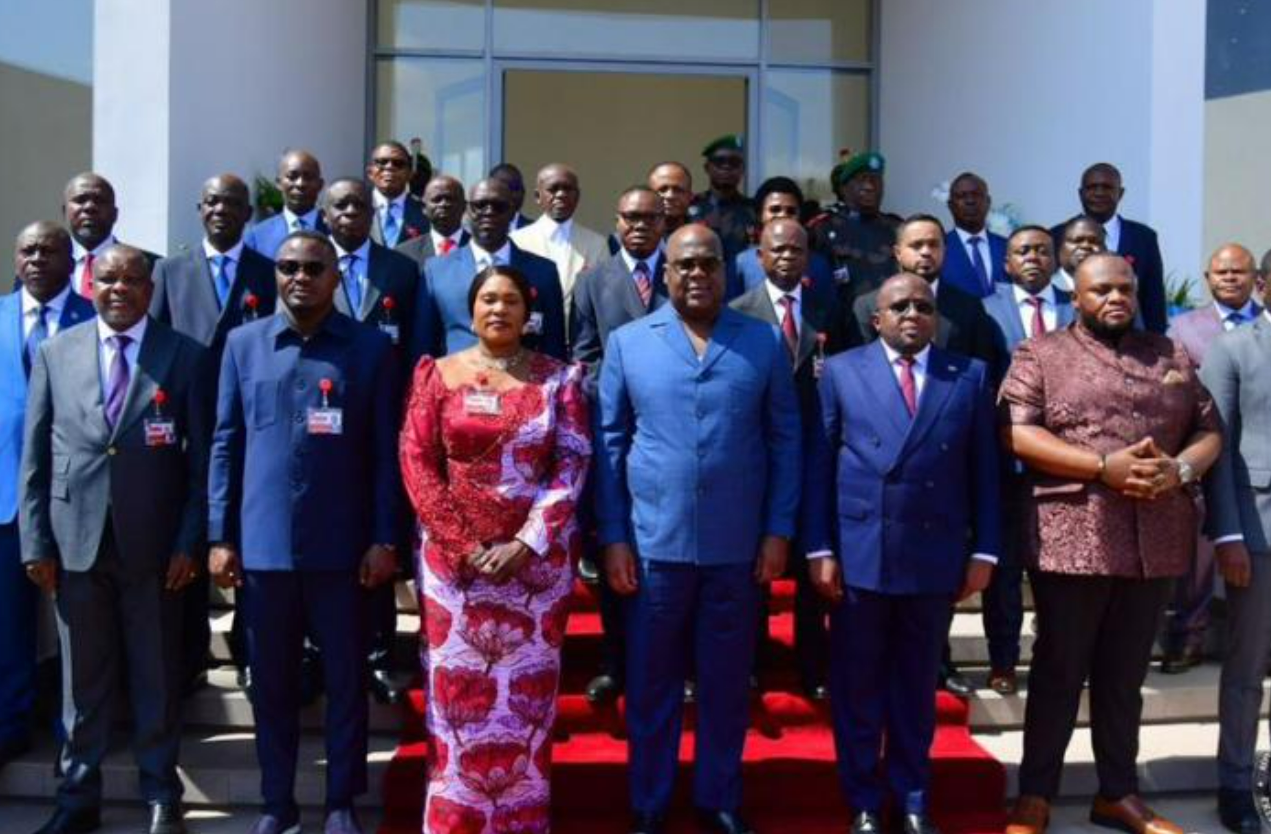
President of the DRC affirms that health is a budgetary priority
The President of the Democratic Republic of Congo has called on provincial leaders to devote at least 15% of their annual budgets to the health sector. Health is a collective responsibility and a crucial objective for the future of the nation, a right for all, not a...
Can people afford to pay for health care? New evidence on financial protection in Portugal
Portugal faces higher-than-average catastrophic health spending in Europe, primarily impacting the poorest households and driven by outpatient medicine costs. Despite universal access based on residence and a relatively comprehensive benefits package, coverage gaps...
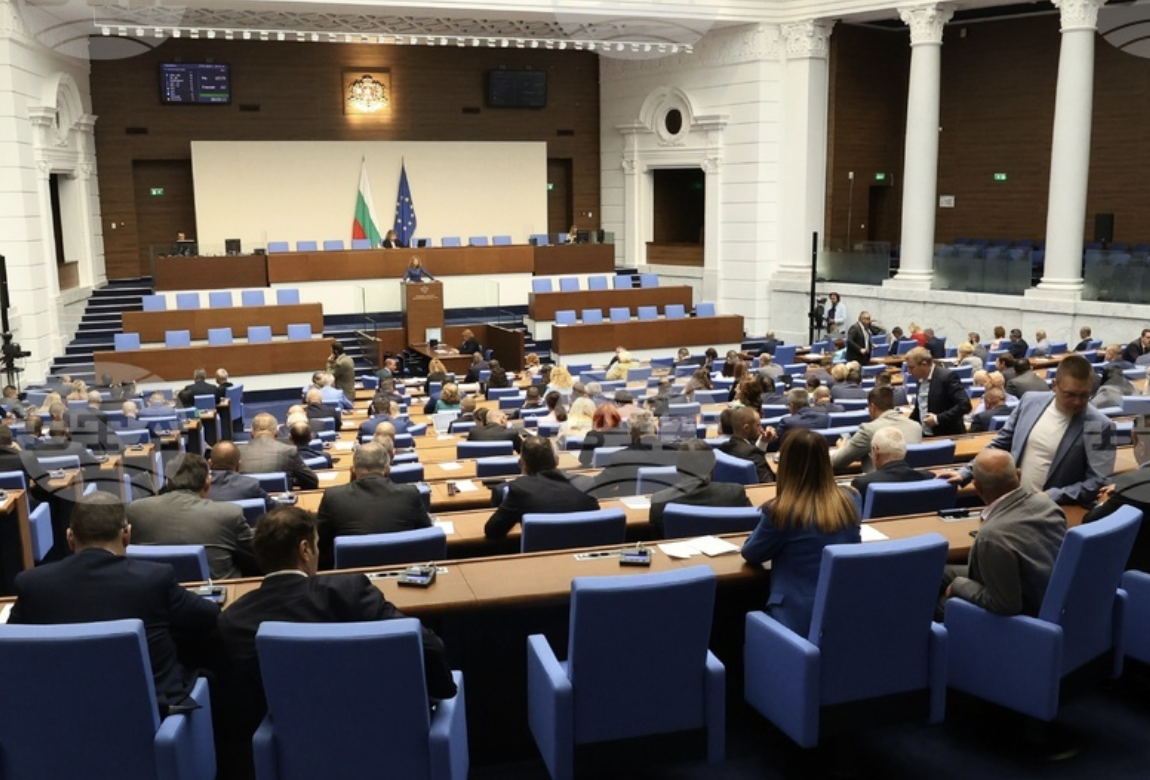
Bulgarian National Assembly Amends Health Insurance Act to Enhance NHIF Management Amid Deficit Concerns
Bulgaria’s National Assembly amended the Health Insurance Act to add a second NHIF deputy governor for better management amid growing fund deficits. Controversy arose over reinstating spending limits on medical care, with critics warning of financial strain on...

Imagining health financing as a shared public-private investment
A new report urges G20 leaders to redefine health financing as a coordinated, strategic investment, leveraging both public and private sectors to build resilient, equitable health systems for all.At the Fourth International Conference on Financing for Development...
National Health Policy and factors predicting its implementation at the local level in Nepal
This study assessed the implementation of Nepal’s National Health Policy at the local level, finding that health workers had moderate awareness, with main challenges including inadequate infrastructure, limited skilled professionals, and insufficient funding. Regular...

Sierra Leone advances towards universal health coverage with key bill discussion
Sierra Leone’s Ministry of Health, supported by the WHO, held a high-level dialogue on the draft bill to establish the Sierra Leone Agency for Universal Health Coverage (SLAUHC), aiming to unify and streamline national health financing through integration of the Free...

Evolving healthcare in Southern and Southeast Asia
Rapid ageing and rising non-communicable diseases are straining South and Southeast Asia’s underfunded healthcare systems. Countries are boosting funding, adopting digital health, and improving preventive care, but rural access gaps and high costs persist despite...

Redesigning Fiji’s Primary Healthcare System for Equity
Fiji’s dispersed geography and workforce shortages limit healthcare access in rural areas. Efforts to strengthen community health workers, leverage digital tools, and prioritize locally-driven, continuous care aim to ensure all citizens receive essential primary...
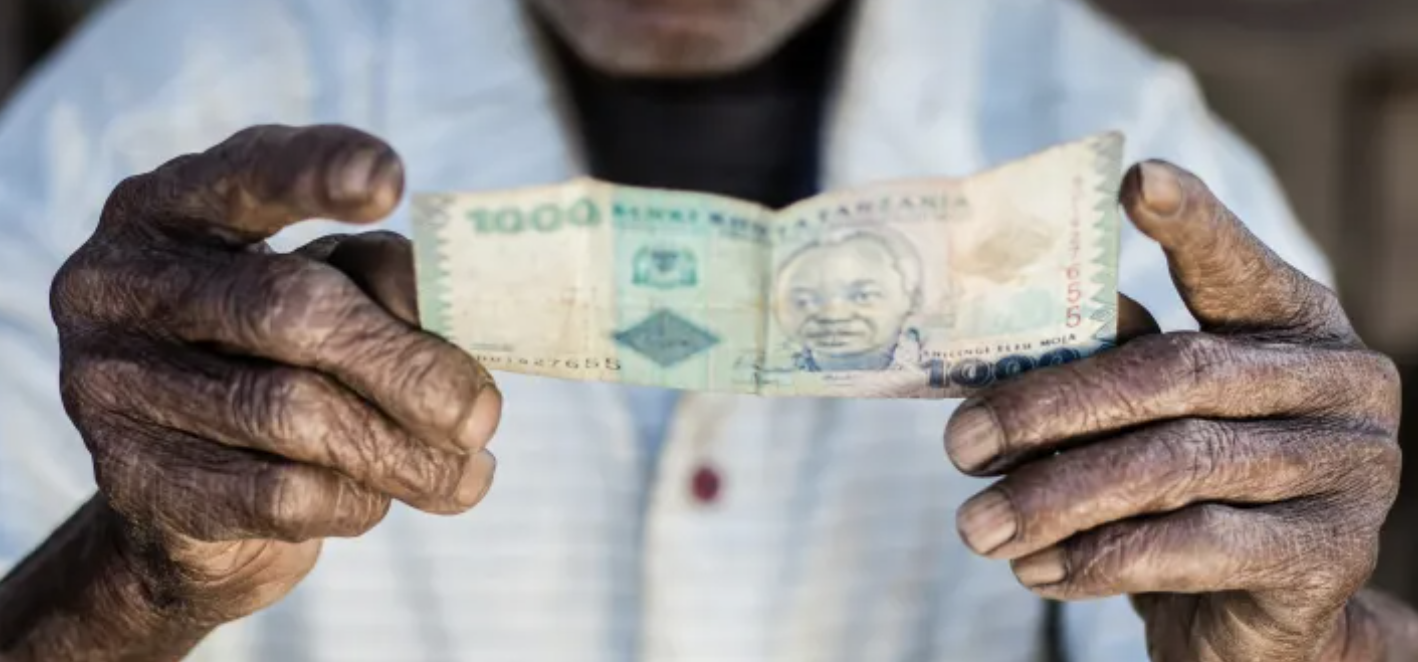
Sustainable sanitation finance to achieve health for all
A shift toward local currency financing is helping underserved sanitation sectors access capital, manage risk, and scale impact. Nigeria offers a compelling case, but the model has global potential.As development finance adapts to new global challenges, a growing...
Integration of refugees into national health systems: Enhancing equity and strengthening sustainable health services for all
In their open-access article published in Conflict and Health, Fadi El-Jardali, Sara Bennett, and Paul Spiegel examine how low- and middle-income countries (LMICs) can integrate refugees into national health systems as part of efforts to achieve universal health...
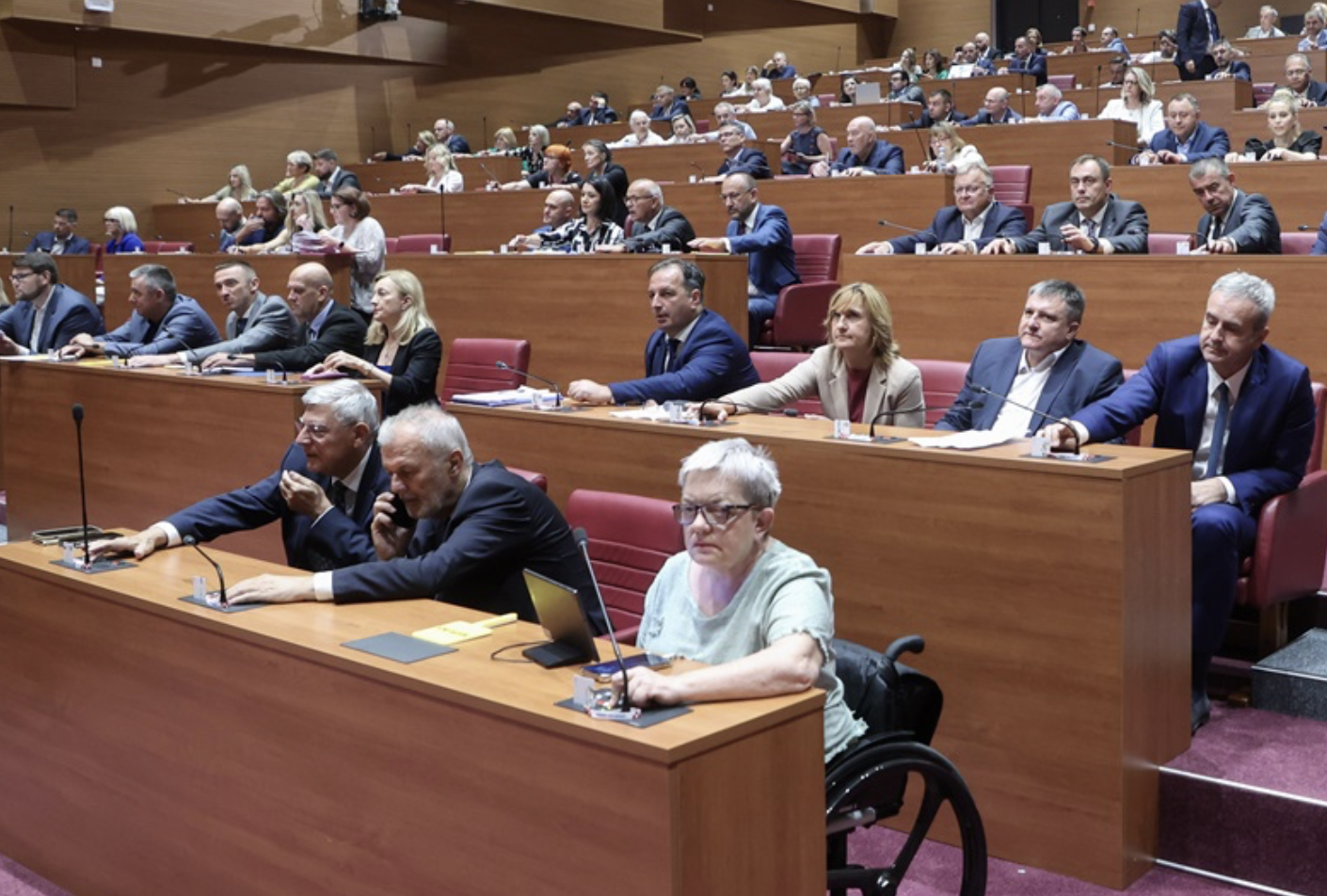
Croatian Parliament amends Mandatory Health Insurance Act
Croatia expanded health insurance exemptions, raised sickness benefits, reformed healthcare staff rules by abolishing internships, tightened misconduct standards, and passed a law requiring a master’s degree for speech therapists, with two years to comply. The...
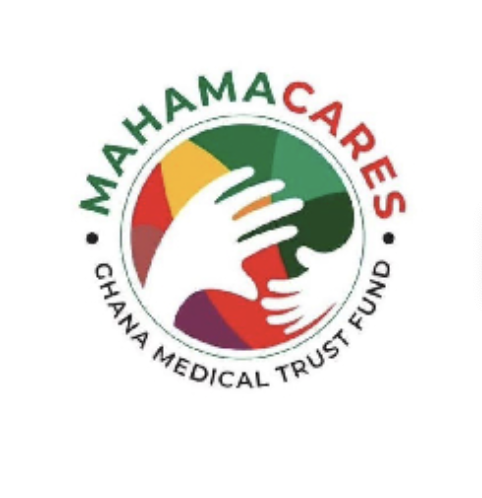
Parliament approves Ghana Medical Trust Fund Bill
Ghana approved the MahamaCares Fund to support chronic disease patients outside NHIS coverage, funded by levies and contributions. Despite delays and political concerns over funding and branding, it aims to ease care costs. Further talks with Finance will address...
Statutory Health Insurance Modernization Act 2003
The following extract, written in German and translated into English using Google Translate, from the website of AOK, the German public health insurance provider, provides some details about the Statutory Health Insurance Modernization Act of 2003. With the GKV...
SHI Competition Strengthening Act 2007
The following extract from the CESifo Dice Report: Journal for Institutional Comparisons describes the Social Health Insurance Pro Competition Act of 2007. On 1 April 2007 an act became effective which will radically change the German system of health care: the...
Towards universal health care coverage in low- and middle- income countries: integrating refugees into national health systems
The integration of refugees into national health systems requires context-specific strategies that account for societal attitudes, organizational structures, and financial realities, rather than relying on a single universal approach. Political commitment to universal...
